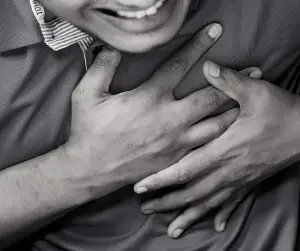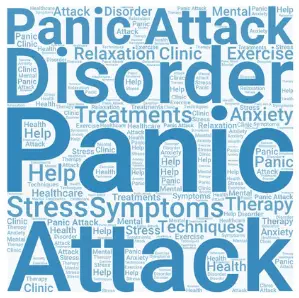Can a panic attack cause dizziness?
When someone experiences a panic attack, they may feel like they have a heart attack. Symptoms can include chest pain, sweating, an irregular heartbeat, shortness of breath, dizziness, and faintness. Panic attacks can be very frightening. It may even lead to a person avoiding situations where they fear another attack might occur. If you experience symptoms of a panic attack, it is important to seek medical help. This will enable you to rule out any other potential causes and to develop a plan to manage the panic attacks.

Panic attacks and symptoms of dizziness can be very frightening and debilitating. Left untreated, panic attacks can lead to agoraphobia. Dizziness can lead to falls and other accidents. Seeking help if you are experiencing either of these conditions regularly is essential. Please consult a mental health professional or your physician if you believe you may suffer from panic attacks or dizziness.
There is an interesting statistic about panic attacks. Symptoms of dizziness often accompany them. Studies have shown that up to one-third of all people who experience a panic attack also report feeling dizzy or lightheaded. This symptom can be frightening and can often make the person feel like they are about to faint or pass out. For many people, this feeling is so intense that it leads them to seek medical help. If you are experiencing symptoms of dizziness along with panic attacks, it is vital to seek professional help.
There are many reasons why panic attacks and symptoms of dizziness matter to panic attack sufferers. For one, these symptoms can be very frightening and cause a great deal of anxiety. Additionally, these symptoms can also be very disruptive to everyday life. It can become difficult for a person to do everyday functions. Finally, panic attacks and dizziness symptoms can also signify a more serious underlying condition. This could be an anxiety or panic disorder, which may need treatment.
Here are some simple steps can you can take. First, it is important to identify your triggers and avoid them if possible. This will help you if you are struggling with panic attacks and symptoms of dizziness. Also, it is helpful to practice relaxation techniques and to develop a support system.
If you are struggling with panic attacks and symptoms of dizziness, it is vital to seek professional help. These conditions can be very disruptive to everyday life. This can be a sign of a more serious underlying condition. There are some simple steps that you can take. Identify your triggers and avoid them if possible. Practice relaxation techniques, and develop a support system. You can manage your symptoms and live a healthy life with proper treatment.
